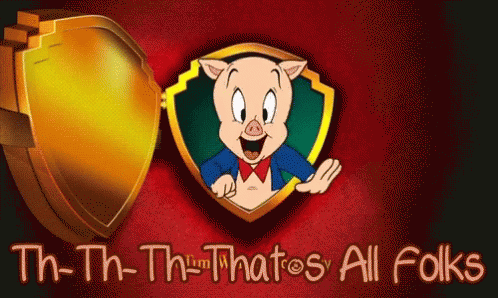Hebrews 10:23-25 23Let us hold unswervingly to the hope we profess, for he
who promised is faithful. 24And let us consider how we may spur one
another on toward love and good deeds, 25not giving up meeting
together, as some are in the habit of doing, but encouraging one another-and
all the more as you see the Day approaching.
I’d love to tell you it happened
exactly that way. But seven years and many instructional hours later, the
paradigm of American education hasn’t shifted much and only a small and very
select circle of educational specialists has ever heard of me or my research.
I should be discouraged. But I’m not.
I’m one person. Yet I’ve taught hundreds. And if each of the future teachers
I’ve worked with impact only a few students, the change we need to make sure
all students are prepared with higher order thinking skills will not just be my
dream, but a reality.
It takes a community dedicated to the
cause.
Let’s take another community that
lived long ago, in the Kingdom of Persia in 486-465 BC. At that time, King
Xerxes decided to replace his Queen, Vashti, who had publicly refused to obey
him. He eventually chose Esther, a young Jewess who had been raised by her
cousin Mordecai, an official in the king’s court. Mordecai warned Esther to
keep her Jewish heritage a secret so as to not displease the King. Eventually,
though, Prince Haman persuaded Xerxes to rid Persia of the Jewish people,
saying they were rebels. At this point, Mordecai took to the public square to
mourn the coming slaughter and encouraged all the Jewish people to join him
(Esther 4:1-3).
Word of Mordecai’s very vocal and
public mourning reached Esther, who sent a servant to essentially tell him to
hush up, lest her secret be revealed. Mordecai persuaded Esther to go before
the King without being summoned—a possible death sentence—and ask for delivery
of her people (Esther 4:13).
But Esther knew that although she was
Queen, her power was limited. She was only one person. She needed the support
and fellowship of others and something beyond mere human courage.
Don’t you wonder what
might have happened if Esther had not had a community to pray with her? If she
had just boldly taken it on her own fair shoulders and marched forward? The
result could have altered history.
In Sunday’s message,
Pastor Aaron told us three reasons why all of us should consider joining a
small group.
1. Relationships matter to God. As we
can see in Esther’s plight, it was through Mordecai that Esther was put into a
position to save the Jewish people. God’s relationship to us is vitally
important.
2. Growth happens best in a loving
community. Alone, Esther might not have had the courage to undertake such a
mighty task, but she was undergirded by the support of her community.
3. A gospel-centered community can
change the world. We don’t really know the personal relationship Esther or
Mordecai may have had to God, but we do know that fasting, in the Old
Testament, was closely associated with prayer. And it changed the world.
 But today I recalled
something from a favorite childhood book, Karen
(1952), written by Marie Killilea. The book chronicles the life of Marie’s
daughter, Karen, whose struggles with cerebral palsy involved the entire family
in her therapy to learn to walk. Despite a schedule that would rival my own,
Marie went to church each morning to take time to pray with a few others, some
parents of kids with CP.
But today I recalled
something from a favorite childhood book, Karen
(1952), written by Marie Killilea. The book chronicles the life of Marie’s
daughter, Karen, whose struggles with cerebral palsy involved the entire family
in her therapy to learn to walk. Despite a schedule that would rival my own,
Marie went to church each morning to take time to pray with a few others, some
parents of kids with CP.
When asked in an interview
why she involved herself in the practice of daily attendance at church instead
of saving the time for one of her many tasks, she said, “It’s true I really
cannot afford to take the time to go to church and pray with others. I also
cannot afford not to.”
And what about you?
